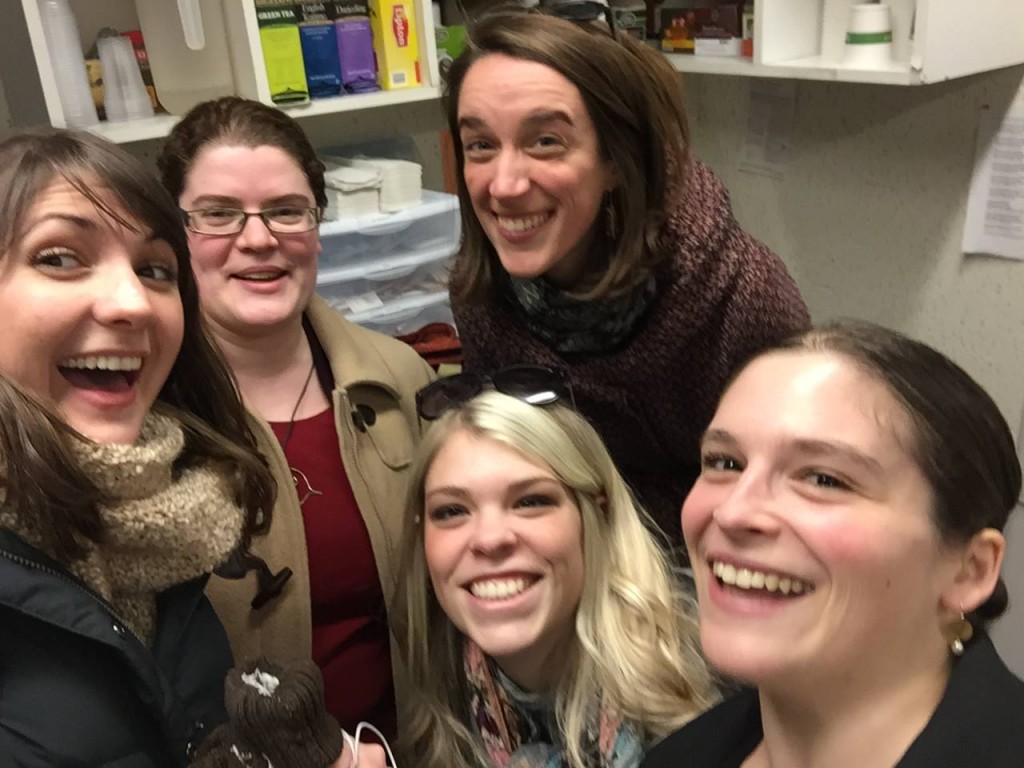Program in New England Studies scholarships available
Each year, Historic New England presents the Program in New England Studies, an intensive learning experience with lectures by curators and architectural historians, workshops, and behind-the-scenes tours of Historic New England’s properties and collections, as well as of other museums and private homes in the region. Do …





